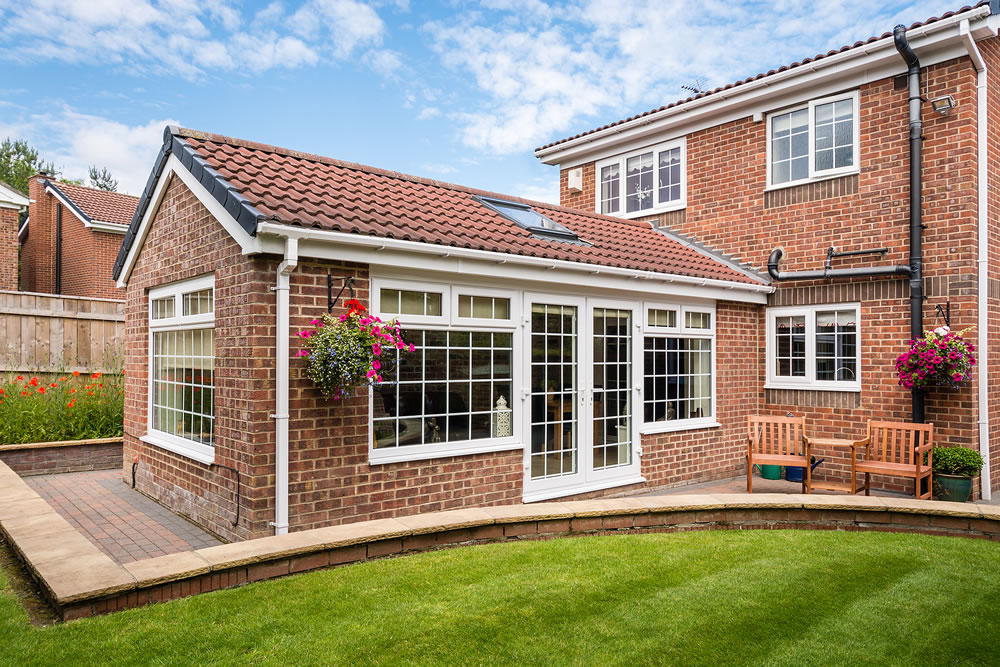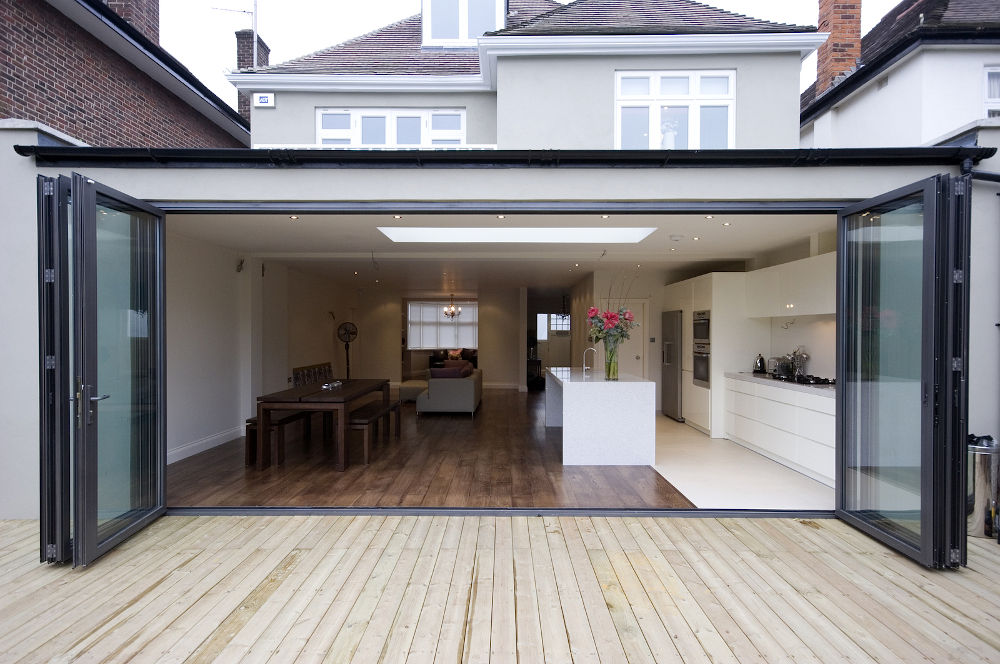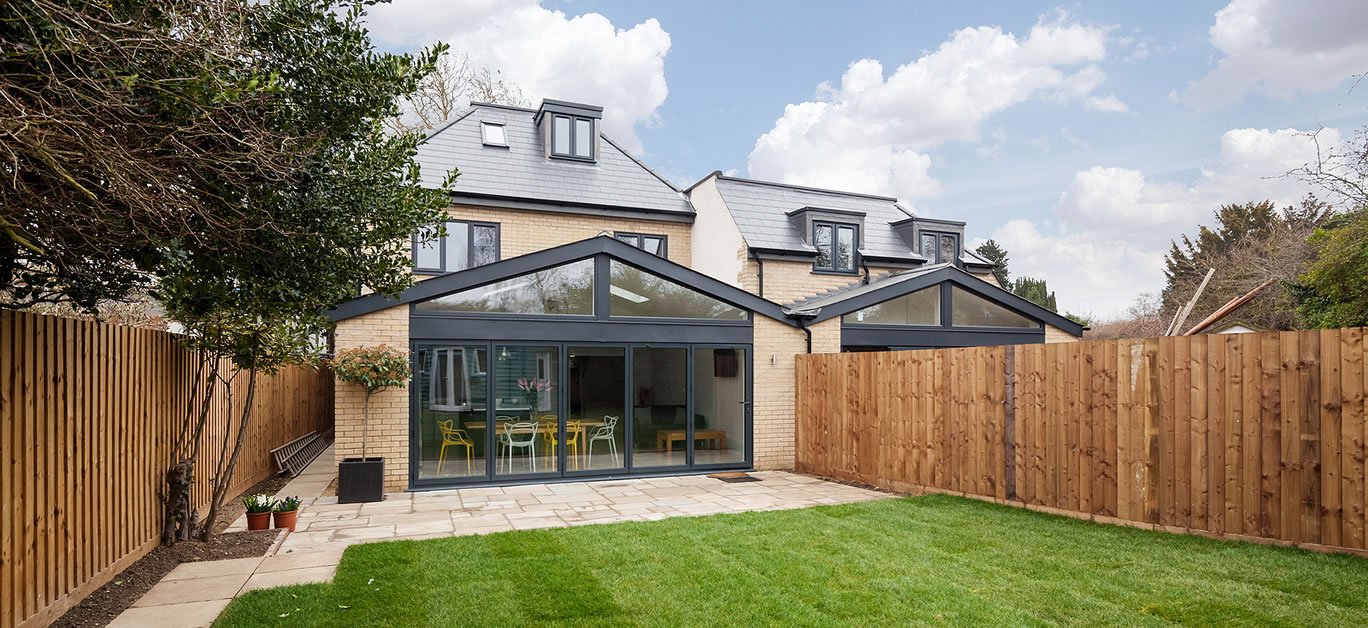Whether you want to start a family and need more room to accommodate your brood, you’re looking to get more from your outdoor space or you fancy creating a room dedicated to your favourite hobbies, an extension to your home could be the answer you’ve been looking for.
Up and down the UK, thousands of homeowners make the decision to extend their homes each year. Whatever the purpose, you’ll need to know exactly what you’re getting yourself in for before work commences so you can come out the other side with the results you were hoping for.
There are many factors you need to take into account before you hire contractors and get the project up and running, so to help you on your way and to give you some clarity, here is a guide that outlines what you need to know and do before extending your property and taking it to luxurious new heights.
Understand planning permission
The UK planning laws can be difficult to navigate. However, it’s essential to understand them before planning your home expansion. Permitted Development Rights grant homeowners the freedom to make certain types of minor improvements without having to obtain planning permission, although, the rules for this will depend on where you’re located and the type of property you own. There’s also the chance a larger renovation will require formal permission.
It isn’t just about obtaining permission for your plans, but about understanding any restrictions that may be in place, too. For example, if your property is listed or housed in a conservation area, additional constraints could apply.

Designing your space
A core component of any home expansion is designing your space. Start off by establishing the purpose of your expansion. Whether you want to add a new room, extend your kitchen, or create a home office space to work in, your design must align with your needs.
Once you’ve got a clear vision, you can get to work crafting a design. It’s advised to hire an interior designer or architect who can work alongside you and help make your vision a reality. They will ensure your design complies with UK building regulations, and their expertise can help in potentially adding value to your property. This includes creating a detailed residential site plan, which is crucial for visualising the layout and ensuring adherence to local regulations.
Handling disruptions
There’s no doubt about it, home expansions are often disruptive. If possible, plan your project at a time where you can tolerate a bit more chaos. This may be when the kids are in school or during the summer months when outdoor living is possible.
It’s wise to carry out a noise exposure assessment before your project gets underway too, especially if it’s likely to cause significant adverse effects in your area. Arbtech provides these kinds of assessments and more. They have been helping thousands of homeowners since 2005 to deliver arboricultural and ecological surveys. Once you’ve conducted this, it’s wise to let your neighbours know about your plans so they too can prepare for any disruptions that might affect them.
Estimating costs
As we’re sure you’re fully aware, any type of home expansion project is going to cost money. Depending on what your project entails, the final cost could run into the tens of thousands of pounds and, therefore, you’ll need to budget accordingly. Before you hire anyone for the job, make sure to obtain several quotes first, this will give you a better idea of how much everything is going to realistically cost.
Unexpected costs can present themselves during your construction project too. Therefore, it’s vital to have a contingency fund in place. Ideally, this should be between 10-20% of your project’s estimated cost. Having this fund set up can cover unexpected costs like structural problems that are discovered mid-construction.

Hiring the right team
Picking the right professional for your home expansion matters more than anything. You’ll want to have experienced hands overseeing the project, rather than newcomers who could cause more problems than solutions! Whether it’s builders, surveyors, or architects, just make sure to hire professionals who have excellent customer reviews and have the transferable skills you’re looking for.
It’s important not to rush this step, so get quotes from numerous professionals and spend time meeting each of them to talk through your project. Ultimately, you’ll want them to fully understand your vision and deliver on your expectations. Finally, check their insurance and qualifications before signing contracts.
Selecting materials
The type of materials you pick for your home expansion has a great influence both on the cost and aesthetic appeal. Some homeowners opt for high-end materials to create a luxury space, whereas others are more drawn to budget-friendly options. It’s your job to research the pros and cons of different materials before making a final decision.
Sustainability is an increasingly important concern for many homeowners. Eco-friendly materials like reclaimed wood or energy-efficient windows not only go a long way in lowering your carbon footprint, but they could provide long-term cost-saving benefits through energy efficiency.

Insurance and warranty
As with any major work done to your home, it’s essential that you ensure your home expansion is covered by insurance. Speak to your home insurance provider to check if your current policy covers renovations or if you require additional coverage.
Make sure your contractors have their own insurance in place too, as their insurance can cover any damage or accidents which could occur during the project. Regarding warranty, UK law requires that builders provide a warranty for new build homes, including extensions. This offers some protection if there are any problems with the build once it’s completed.
Long-term value considerations
While the main reason for expanding your property may be to improve your living space, it’s always best to consider the potential return on investment, too. A well-thought-out home expansion can drastically increase your property’s value.
Think about how your expansion fits into the larger housing market. For example, will the additional space make your abode more expensive than similar properties in your area? Maybe there’s a demand for larger homes in your neighbourhood? This may impact your ability to sell the property in the future.
There are undeniable benefits attached to expanding your home. Whatever your plans are, following our guide above should help in ensuring you cover all bases and that your project runs smoothly.






















